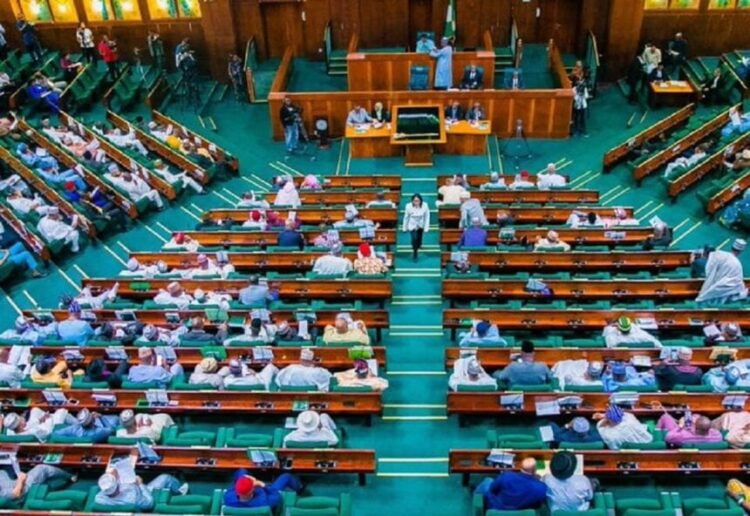Senate passes sexual harassment bill prescribing up to 14 years in jail for educators convicted of sexually harassing students in tertiary institutions
The legislation, titled Sexual Harassment of Students (Prevention and Prohibition) Bill, 2025 (HB.1597), was approved on Wednesday after being presented for concurrence by Senate Leader, Senator Opeyemi Bamidele (APC, Ekiti Central).
Also read: Nigerian student jailed for sexually assaulting a teenager in Bradford
Bamidele explained that the bill seeks to shield students from sexual misconduct within academic environments and to uphold integrity and professionalism in Nigeria’s higher institutions.
“The bill is designed to protect students from all forms of sexual abuse while promoting ethical standards and respect for human dignity,” Bamidele said.
Under the new law, offenders face prison terms ranging from five to fourteen years without the option of a fine.
The legislation also allows victims or their families to file civil actions for breach of fiduciary duty, establishing clear legal recourse for survivors.
The offences covered include making sexual advances, demanding sexual favours, inducing others to commit harassment, and engaging in unwanted touching or suggestive gestures.
Importantly, the bill clarifies that marriage between the educator and student is the only defence, and that consent cannot be used as an excuse where a power imbalance exists.
Complaints can be lodged by the student, relatives, or concerned parties with the police or the Attorney-General, and copies must also be submitted to the institution’s Independent Sexual Harassment Prohibition Committee.
During deliberations, Senator Adams Oshiomhole (Delta North) proposed broadening the bill’s scope to include workplaces, arguing that harassment was a wider societal issue.
However, Deputy Senate President Barau Jibrin ruled that such provisions already exist in other laws and emphasised that this bill specifically targets abuses within educational settings.
The bill’s passage follows years of advocacy and public outcry over systemic sexual exploitation in Nigerian universities, highlighted by investigative reports such as the 2019 sex-for-grades exposé that revealed deep-rooted misconduct across campuses in Lagos, Ilorin, and Nsukka.
Also read: Katsina sexual assault centre records 110 Cases
Women’s rights advocates have hailed the development as a powerful victory for accountability and student protection, calling it a decisive move toward ending impunity and ensuring safer learning environments nationwide.





























